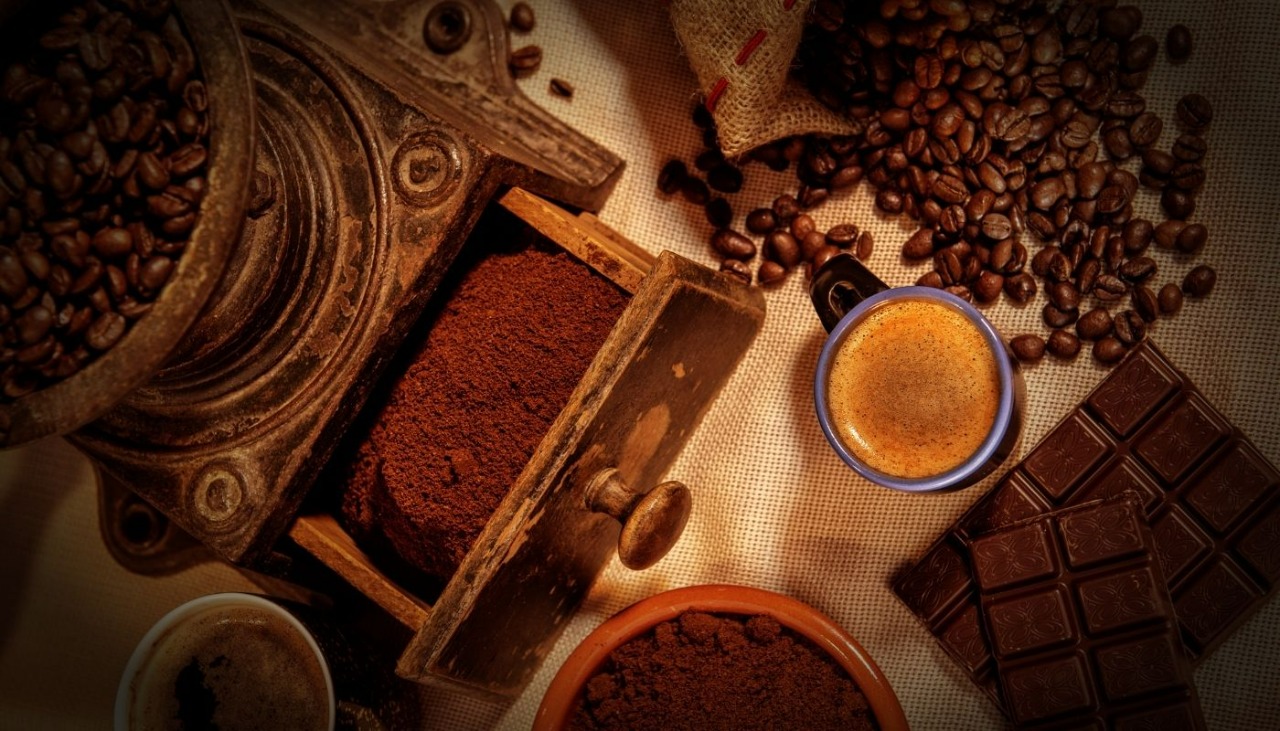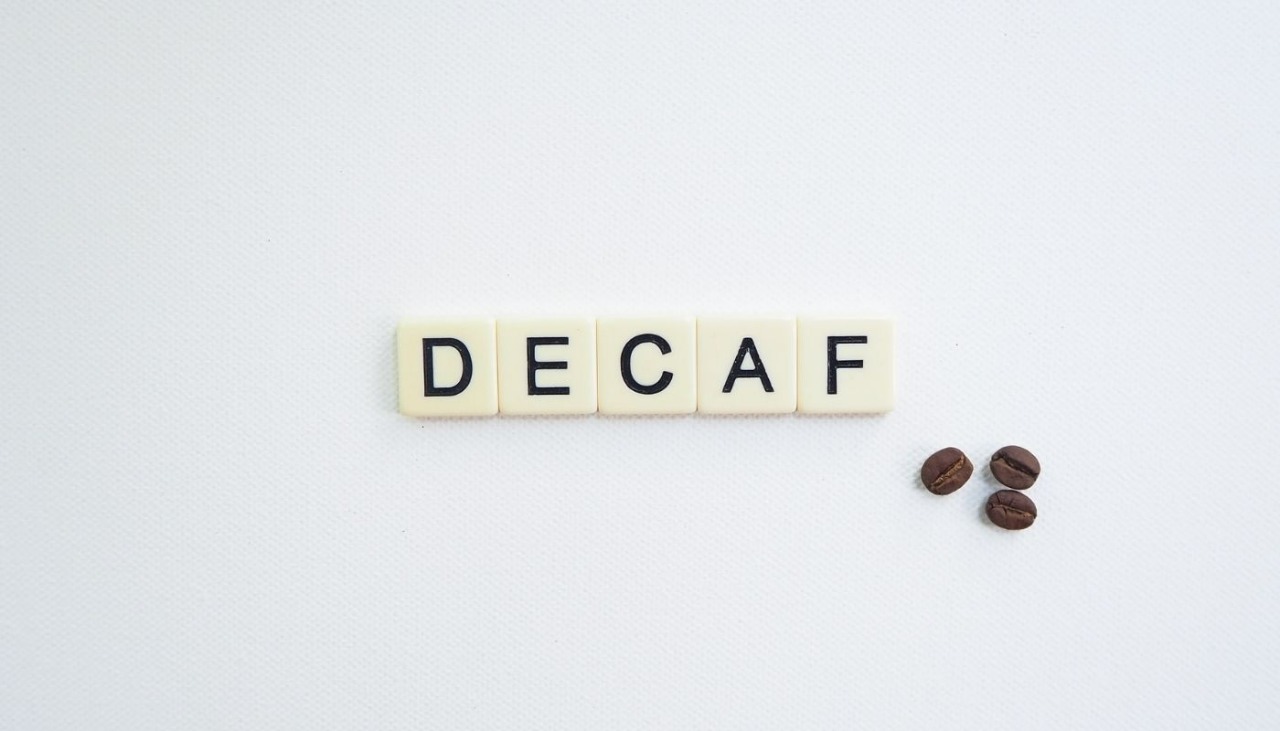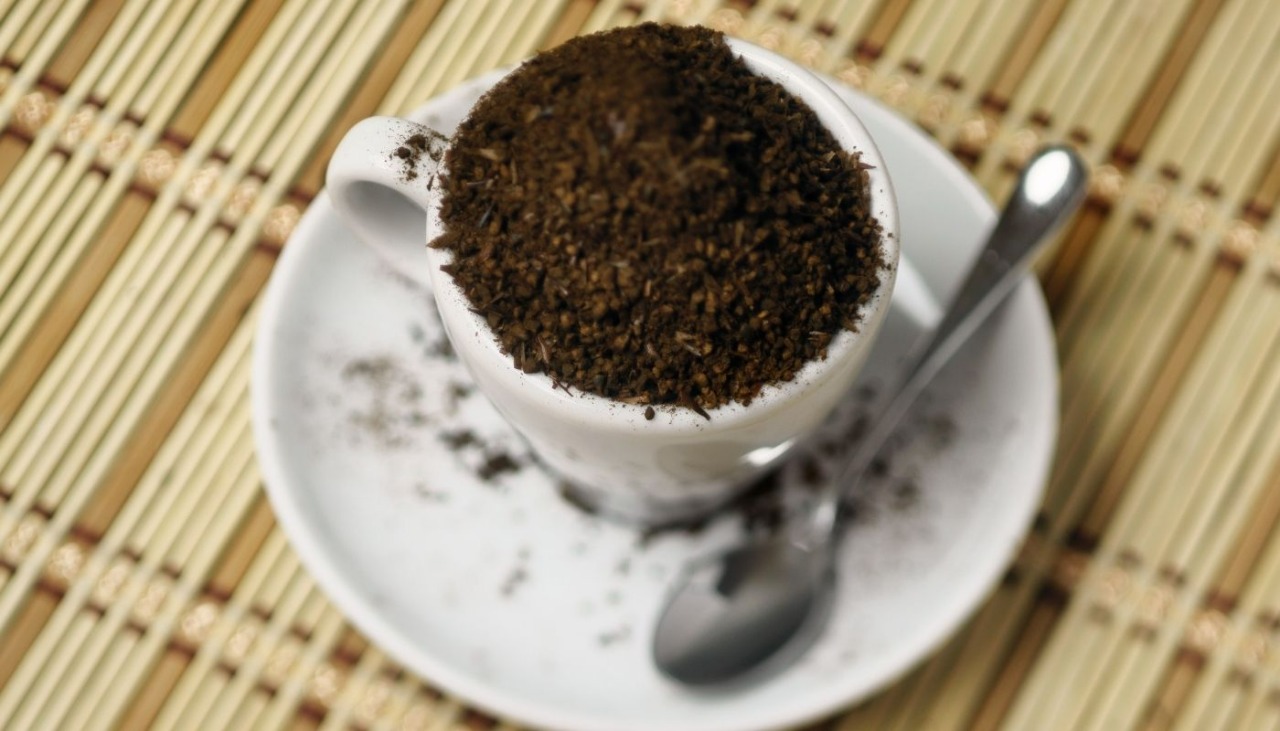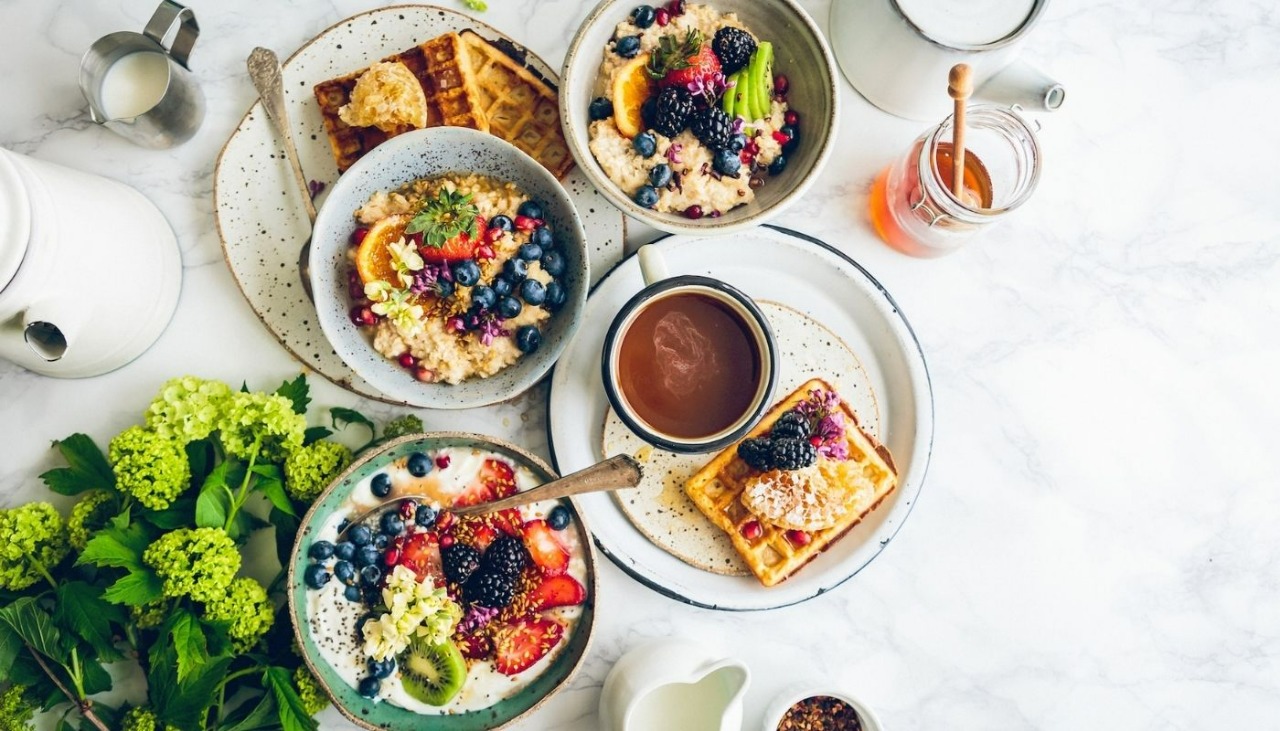Is Coffee Safe During Pregnancy?

Everyone loves their morning cup of energy, especially us ladies—we cherish that flavor and the hit of coffee early in the morning (plus a few more cups to pump ourselves throughout the day).
Coffee stimulates your brain cells, provides you with an energy boost, and makes your mind alert and focused. When consumed in moderation, it offers various health benefits and is considered a part of a healthy diet. It is a lifestyle choice and one of the most popular caffeinated beverages worldwide.
However, doctors and health authorities suggest reducing or completely cutting down your coffee or caffeine intake once you conceive. Why? Let’s find out.

Is Coffee Safe During Pregnancy?
Traditional coffee contains a vast amount of caffeine and is a popular neurological stimulant. It targets the central nervous system, provides you with an instant energy boost, and relieves fatigue.
Coffee also incubates several other health benefits for the general population, like it relieves migraines, burns fat, improves focus, increases energy levels, and is a rich source of antioxidants. However, our concern here is whether it’s safe to consume coffee during pregnancy?
Related Post: How to prepare for a baby without missing anything out?
According to a study, caffeine metabolism decreases in expecting mothers during pregnancy; and being lipophilic, coffee can easily pass through your placenta to the fetus. Neither the placenta nor the fetus possess any enzymes for caffeine metabolism, and as a result, the undigested caffeine could stay in your system, affecting your gestational health.
Due to this, it was initially believed that coffee or caffeine must be restricted entirely during pregnancy. Many healthcare professionals also advised not to consume any amount of caffeine during pregnancy, as it can have harmful effects on the baby’s growth.
However, according to the latest study by The American College of Obstetricians Gynecologists (ACOG)—a moderate amount of caffeine consumed during pregnancy is safe and does not pose any possible threat to the fetus or pregnancy. The study suggests that you may consume less than 200mg of caffeine daily (from any caffeinated sources), without attracting potential risk factors.
Caffeine Index

Every caffeine source has a different amount of caffeine content. While some sources contain around 200 mg caffeine in just one serving (which is your daily limit during pregnancy), there are others that only share 2 to 10 milligrams. Let me state out the caffeine index for all caffeinated sources for a standard serving of 8 ounce or 240ml brew:
Caffeine In Coffee
- Brewed Coffee: 60–200 mg
- Instant Coffee: 63 mg
- Yerba Mate: 65–130 mg
- Latte or Mocha: 63-126 mg
- Espresso: 30–50 mg per 1-oz (30-ml) serving
- Decaf Espresso: 0 mg per 1-oz (30-ml) serving
- Instant Decaf Coffee: 2 mg
- Decaffeinated Coffee: 2–4 mg
Caffeine In Tea
- Brewed Tea: 20–120 mg
- Black Tea: 25-48 mg
- Green Tea: 25-29 mg
- Decaf Black Tea: 2-5 mg
Caffeine In Energy Drinks And Soda
- Energy Drinks: 50–160 mg
- Soft Drinks: 30–60 mg per 12-oz (355ml) serving
Caffeine In Cocoa Products
- Cocoa Beverage: 3–32 mg
- Chocolate Milk: 2–7 mg
- Chocolate: 43 mg per 100 gm
A cup of regular coffee contains around 70 to 100mg of caffeine. In this case, you will easily cross your daily limit of 200mg caffeine by consuming only two cups of coffee, making it very risky to enjoy. This makes it imperative to avoid regular coffee during pregnancy.
Other forms of caffeine that pregnant women must avoid are—tea, chocolates, energy drinks, and soda. We understand that it’s not easy to limit or entirely change some deeply rooted habits, just like the need for your regular caffeine dosage.
So instead of giving up your favorite cravings, you can choose this pregnancy-friendly and less caffeinated cousin of coffee—decaffeinated coffee or decaf coffee. It will curb your cravings without posing the harmful effects of excessive caffeine consumption.
Best Coffee For Pregnant Women
Decaffeinated coffee, popularly known as decaf coffee, is a safe and less-caffeinated alternative to traditional caffeine-rich beverages. It is a processed coffee form, in which 97% of the caffeine is extracted and removed from the cocoa beans during production. It even offers a similar flavor as regular coffee, but with a highly refined caffeine content.
The average caffeine index for 8-oz traditional brewed coffee is 95 mg, and that of 8-oz brewed decaf coffee is 3 mg. The difference of 92mg caffeine clearly makes decaf coffee a better and more reliable choice for expecting mothers. You might even crave some chocolate or tea during your pregnancy days. This is why with decaf coffee, you can easily manage your caffeine limit and enjoy a few of your favorite caffeinated items.
The chart above will assist you in calculating and limiting your daily caffeine intake by providing a better understanding of caffeine content for various products. You may also deduce that decaf coffee and decaf tea contain much lower amounts of caffeine, making them the best alternatives to traditional coffee and tea.
It is very important to track what goes in your body while you’re pregnant, as everything you consume will affect your baby’s health. Ensure taking care of yourself while pregnant, to have a healthy labor and childbirth.
Is It OK To Drink Decaf Coffee While Being Pregnant?

Decaffeinated coffee contains comparatively less amount of caffeine (2-4 mg per 240 ml). When consumed in moderation, decaf coffee will not cause any problems during the pregnancy period. Instead, it will significantly reduce the risk of caffeine symptoms on the growth and development of the fetus.
So yes, it is excellent to consume decaffeinated coffee during pregnancy. However, it is worth noting that every brand of decaf coffee may differ in its caffeine content. It would be best to read the ingredients and their nutrition facts before purchasing any decaf coffee products.
Can Decaf Coffee Cause Childbirth Defects?
The high amount of caffeine present in regular coffee is the root cause of it being considered unhealthy to consume during pregnancy. Caffeine affects the baby’s health by crossing the biological barrier and entering the fetus’s bloodstream.
Due to the lack of caffeine metabolizing enzymes in the baby, it accumulates in the baby’s body and results in stunted growth, less birth weight, improper development, and in worst-case scenarios, miscarriage. Since decaf coffee contains very low caffeine, it is less likely to have any severe effects, much like regular brewed coffee and other caffeinated products.
Just keep in mind that even though decaf coffee contains less caffeine, you must not over-consume it, or else it may incubate some negative health effects. If you keep your caffeine intake in check, irrespective of the source, everything would be fine and safe. All you have to do is stick to the 200 mg caffeine per day limit and replace your caffeine times with healthy options like fruit juices, herbal teas, and non-caffeinated beverages.
Note that you need to make these changes in your daily routine, during the pregnancy span, to assure better health and development of your baby.
Frequently Asked Questions
Here are some of the most frequently asked questions by soon-to-be mothers:
How much is decaf coffee too much for pregnant women?

As explained, decaf coffee is a much safer alternative to regular coffee, and is very unlikely to produce any negative side effects on the baby or the mother’s body. However, decaf coffee is still coffee and has an acidic nature. So, consuming excessive amounts of decaf may have some side effects like it may induce acidity, cause gas problems, and affect the iron content of breast milk.
It is better to avoid drinking a lot of decaf coffee as well, and limit yourself to two to four cups of decaf coffee during pregnancy. If taken in moderation, it will certainly not cause any unwanted complications.
Why Is Caffeine Not Recommended During Pregnancy?
Caffeine is a stimulating agent that provides instant energy, focus, reduces fatigue, helps to stay awake, and makes your mind alert and focused. Caffeine has various health benefits like blood pressure regulation, fat burning, antioxidant properties, and relieving frequent headaches and migraines.
Although caffeine has many pros, it is not recommended during pregnancy because studies have suggested that caffeine intake is directly related to adverse effects on fetal health and development. It may affect your pregnancy and even cause miscarriage in severe cases.
Thus, comes the need for a safer and healthier alternative for caffeine-rich foods and beverages. Decaffeinated coffee is the best option if you don’t want to restrict your caffeine intake entirely and need to cut down from your usual daily consumption. Additionally, if you prefer not to consume caffeine during your gestational period, you must avoid any caffeinated beverages—teas, sodas, energy drinks, and cocoa products from your diet.
You may consume some caffeine-free beverages and herbal teas like— Lemon Balm, Ginger Root, Peppermint Leaf, and Red Raspberry Leaf.
Note:- Try to avoid Peppermint Leaf and Red Raspberry Leaf for the First Trimester, or consume only a cup (240ml) per day. Peppermint Leaf may stimulate menstrual flow, and Raspberry may induce uterine contractions, so it’s better to avoid them in the first three months of pregnancy.
Can I Drink Decaf Coffee While Pregnant?
You can most certainly drink decaf coffee while being pregnant. This less caffeinated, much more subtle and mellow cousin of coffee is highly safer and healthier than regular coffee. When you maintain the limit and consume it in ample amounts, decaf coffee will not affect either the mother or the baby.
However, you would be better off if you prefer to hold off your caffeine intake entirely for the time being and instead replace it with healthy and nutritious beverages that will provide better nourishment to your baby and enhance its growth and development.
Substances like caffeine are harmful to the baby. So either limit yourself until the birth or avoid caffeine entirely for the pregnancy period. In the end, it must be your call and choice to decide what’s best for you.
Tips To Cut Down On Caffeine During Pregnancy
Our body is adapted to its daily dose of caffeine, and cutting down on that amount can be very stressful and challenging, adding to your pile of pregnancy struggles.
Here are some tips to make the process more acceptable and easier for you:
1. Take The Gradual Approach
Going from 4-5 cups of coffee to a single cup (200 mg caffeine) per day can be a truly daunting and miserable experience. You might also suffer some unpleasant withdrawal symptoms and outrageous mood swings. To avoid this, try to gradually reduce your caffeine intake and simultaneously switch to decaf coffee. This will ease you into the process while avoiding most of the complications.
2. Switch To Healthier Alternatives
The caffeine cravings may kick in any time, and if you give in, this will cause a relapse and put your baby in danger. The best option is to switch your caffeine cravings with a healthy alternative to curb your need for a caffeine fix and provide you with the boost you need.
You can take a stroll in the garden or do some moderate workouts, have some dry fruits, dark chocolate, or a banana and peanut butter toast. Consuming complex carbs also provides the same stimulation for a boost in energy and blood pressure.
3. Follow On The Process Meticulously
While decaffeinating your body, try to consume small and healthy meals in short intervals to avoid a sudden decline in your blood sugar levels. Additionally, review your caffeine source per day and stick to the 200 mg caffeine criteria. Ensure following the ritual and accompanying your morning regime with a decaf coffee cup or something healthy to avoid feeling the void of your favorite morning dose of magic.
4. Get Plenty Of Rest

The pressure of being pregnant and cutting down on your caffeine intake can be exhausting and may make you feel sluggish and tired. Try to get enough sleep to help your body adapt to the sudden changes. You can also read our article on how to set goals and achieve them here, it will help you learn to make better goals and find creative ways to follow them.
The Bottom Line
Coffee is considered an unhealthy choice when you are expecting a baby. The caffeine content in your favorite beverage and other caffeinated products is known to have harmful side effects on the baby’s health and growth.
However, decaf coffee only has 3% caffeine, as the remaining 97% is removed during the roasting and grinding process of the production. The low amount of caffeine makes decaf a popular and desirable alternative for coffee. The recommended amount of caffeine per day is less than 200 mg. Anything more than this might result in drastic effects on the fetus. So, it is best to stay within the limit and avoid harming your baby’s health.
Apart from the traditional coffee and decaf coffee, there are various other caffeine-free beverages and herbal teas you might consider if you wish to avoid consuming caffeine entirely for the pregnancy period. Let us know what you think about decaffeinated coffee during pregnancy, and do comment if you have any further queries related to this topic.


